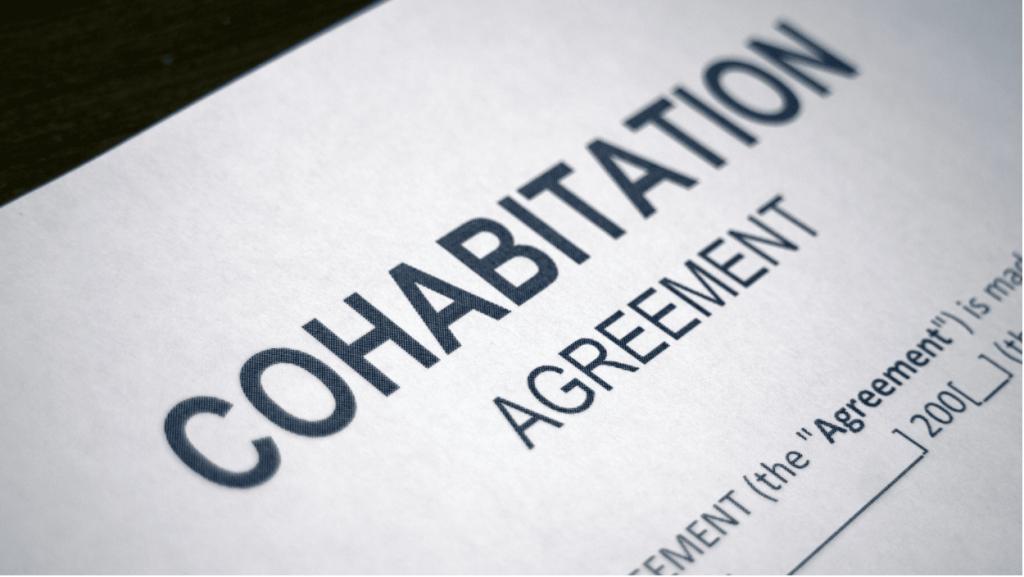Nowadays, more and more couples are choosing cohabitation as a viable alternative to marriage. While cohabitation offers its own set of joys and challenges, couples need to recognise the legal implications and protect their interests through a cohabitation agreement. In this blog post, McPartland & Sons delve into the significance of cohabitation agreements and provide valuable legal insights to help couples navigate this important aspect of their relationship.
Understanding Cohabitation Agreements
A cohabitation agreement is a legal document designed to outline the rights and responsibilities of each partner when living together. Unlike marriage, cohabitation does not automatically afford couples the same legal protections. Without a formal agreement in place, disputes over property, finances, and other matters can become complicated and lead to legal battles.
Importance of Cohabitation Agreements
- Protecting Your Assets:
One of the primary reasons couples opt for cohabitation agreements is to safeguard their assets. This includes properties, finances, and any other valuable possessions. This agreement can specify how these assets will be divided in the event of a separation, providing clarity and avoiding potential disputes.
- Financial Security:
Cohabitation agreements also address financial matters, such as joint expenses, debts, and contributions. Clearly defining financial responsibilities in this agreement helps prevent misunderstandings and ensures a fair distribution of financial obligations between partners.
- Child Custody and Support:
For couples with children, a cohabitation agreement can establish arrangements for child custody and support in case of a separation. This helps provide a structured framework for co-parenting and ensures the well-being of the children involved.
- Inheritance Rights:
Without a cohabitation agreement, a surviving partner may not have automatic inheritance rights. Specifying inheritance arrangements in the agreement ensures that each partner’s wishes are respected and legally binding.
Drafting a Cohabitation Agreement
- Consulting with Legal Professionals:
Seeking the advice of experienced solicitors is crucial when drafting a cohabitation agreement. Legal professionals can guide couples through the process, ensuring that the document is comprehensive, legally sound, and tailored to their specific needs.
- Full Disclosure:
Both partners should provide full and honest disclosure of their financial situations. This transparency is essential for creating an agreement that accurately reflects the assets, debts, and financial commitments of each party.
- Clarity and Specificity:
A well-drafted cohabitation agreement is clear, and specific, and leaves no room for ambiguity. Clearly defining the terms and conditions helps avoid misunderstandings and ensures that the agreement can stand up to legal scrutiny if necessary.
Navigating the Legal Landscape
- Reviewing and Updating:
As circumstances change, it’s important to periodically review and update the cohabitation agreement. Life events such as the birth of children, property acquisitions, or changes in financial situations may necessitate revisions to ensure the agreement remains relevant and effective.
- Legal Enforcement:
While cohabitation agreements are legally binding, enforcing them may require legal action. Having a well-drafted and regularly updated agreement increases the likelihood of a smooth legal process in case of a dispute.
By consulting with experienced solicitors at McPartland & Sons, we can approach the drafting process with diligence allowing couples to enjoy the benefits of cohabitation with the peace of mind that their legal interests are well protected. Get in touch with our team for more information.
Related Blogs:

